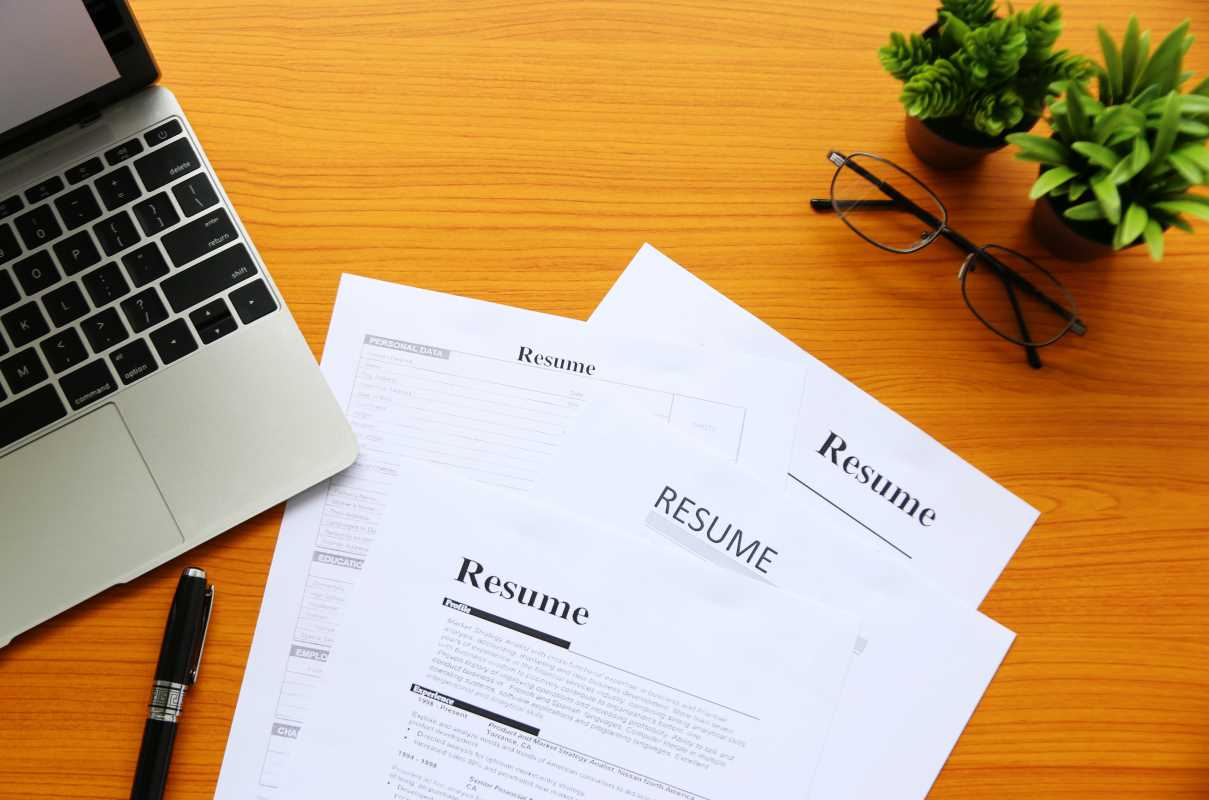It starts as a whisper. You hit the snooze button one more time than usual. That big project you were once excited about now feels like a heavy weight. Soon, the whisper becomes a nagging voice. You find yourself feeling cynical in meetings, emotionally drained at the end of the day, and disconnected from your own achievements. This isn't just a case of the Mondays; it's the slow, creeping fog of burnout. By the time you’re fantasizing about dramatically quitting your job and moving to a remote cabin to raise goats, the fog has completely rolled in. Burnout is more than just feeling tired; it’s a state of chronic physical and emotional exhaustion that can poison your career and well-being. The good news is, you don't have to wait until you're drafting your resignation letter. You can spot the signs early and take action to extinguish the flames before they consume your career aspirations.
Identify the Source of the Fire
Before you can fight burnout, you need to know what's causing it. Burnout isn't a one-size-fits-all problem; it has many different sources. Take a moment to act like a detective investigating your own work life. Is it the sheer volume of work on your plate? Maybe it's a lack of control over your projects or a toxic work environment with a difficult boss or colleague. Perhaps you feel a disconnect between your daily tasks and the company's mission, leaving you with a sense of purposelessness. It could also be a values conflict, where you're asked to do things that don't align with your personal ethics. Pinpointing the specific cause—or causes—is the critical first step. You can't solve a problem you haven't clearly defined. Be honest with yourself about what is truly draining your energy.
Set and Defend Your Boundaries
In our hyper-connected world, the lines between work and life have become incredibly blurry. The pressure to always be "on" is a primary cause of burnout. The solution is to build strong, clear boundaries and treat them as non-negotiable appointments with yourself. This means defining a hard stop to your workday. When it’s 5:30 PM, you log off, and you don’t peek at your email again. It means turning off work notifications on your phone during evenings and weekends. It might even mean blocking out a "no-meetings" afternoon on your calendar to allow for deep, uninterrupted work. At first, setting these boundaries might feel uncomfortable, but they are essential for your mental health. You are teaching others how to treat you and reclaiming the time you need to rest and recharge.
Shrink the Problem to Shrink the Stress
When you're feeling overwhelmed, your to-do list can look like an unclimbable mountain. This feeling of being perpetually behind is a huge driver of stress. The trick is to stop looking at the entire mountain. Instead, focus on just the next single step. At the start of each day, identify the one or two most important tasks that absolutely must get done. This is your "must-do" list. Everything else is a "nice-to-do." By focusing your energy on these critical few items, you can achieve a sense of accomplishment and control. This practice prevents the paralysis that comes from an endless list of tasks and helps you make consistent, meaningful progress without feeling like you’re drowning.
Rediscover Your "Off" Switch
Hustle culture has tricked us into thinking that the only way to get ahead is to be constantly productive. This is a myth. Your brain and body require downtime to function effectively. You must intentionally schedule activities that have nothing to do with your job or career advancement. This is about finding joy and rest in activities that fill your cup. It could be joining a sports league, taking a painting class, losing yourself in a good book, or going for long walks in nature. These activities are not luxuries; they are necessities. They act as a "pattern interrupt" for the stress cycle, allowing your nervous system to calm down and your mind to recharge, which ultimately makes you better at your job when you return to it.
Talk It Out with the Right Person
Burnout thrives in isolation. When you keep your struggles to yourself, they can grow and feel insurmountable. Sharing what you're going through can be incredibly powerful, but you need to choose your audience wisely. This could mean having a candid and constructive conversation with your manager. A good manager wants to help you succeed and may be able to adjust your workload, provide more resources, or help you reprioritize. Frame the conversation around solutions, not just complaints. For example, say, "I'm passionate about my work, but I'm finding my current workload unsustainable. Can we discuss how to prioritize my projects?" If your manager isn't approachable, seek out a trusted mentor or a supportive colleague who can offer perspective and advice.
Reconnect with Your Impact
A common symptom of burnout is cynicism and a feeling that your work doesn't matter. You lose sight of the bigger picture and get lost in the monotony of daily tasks. To combat this, make an effort to reconnect with the positive impact of your work. Create a "win file" or a "praise folder" in your email where you save positive feedback from clients, colleagues, and your boss. When you're feeling low, read through these messages. It’s a tangible reminder that your contributions are valued. You can also proactively seek out the end result of your work. If you're a software developer, talk to the customers who use your product. If you work in marketing, look at the community that has formed around your brand. Seeing the real-world effect of your efforts can reignite your sense of purpose.







